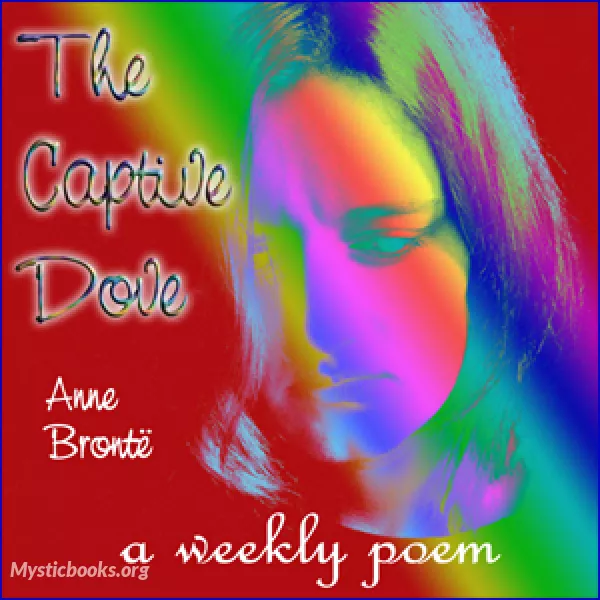
The Captive Dove
by Anne Brontë
'The Captive Dove' Summary
Anne Brontë's "The Captive Dove" is a poignant and evocative poem that explores the themes of confinement, longing, and the human need for connection. Through the symbolic figure of a captive dove, Brontë delves into the complexities of the human spirit, capturing the yearning for freedom and the profound impact of loneliness.
The poem opens with a vivid description of the dove's natural habitat, a realm of vast skies, lush meadows, and verdant groves. The dove, once a symbol of unfettered flight and boundless freedom, now finds itself confined within the confines of a cage, its wings clipped and its spirit yearning for the open air.
The speaker, drawn to the dove's sorrowful moans, becomes an empathetic observer, recognizing the deep-seated desire for liberty that resides within all living creatures. The dove's longing for distant lands, for the unburdened joy of traversing the vast expanse of the sea, echoes through the poem, painting a vivid contrast between its current state of confinement and its innate longing for freedom.
Despite its captivity, the dove's inherent need for companionship offers a glimmer of hope. The speaker envisions the presence of a loving companion, a kindred spirit, who could alleviate the dove's loneliness and provide solace in its confinement. The image of the dove gazing into the "full bright eye" of its companion evokes a sense of shared understanding and mutual affection, a bond that could transcend the physical confines of the cage.
However, the absence of such companionship underscores the profound impact of loneliness on the human spirit. The dove's solitary existence serves as a stark reminder of the universal need for connection and love, a yearning that remains unfulfilled amidst its confinement.
The poem concludes with the dove's "joyless moan," a haunting lament for its lost freedom and the absence of a kindred spirit. Anne Brontë's "The Captive Dove" stands as a powerful testament to the human desire for freedom, the importance of companionship, and the enduring impact of loneliness on the soul.
Book Details
Authors
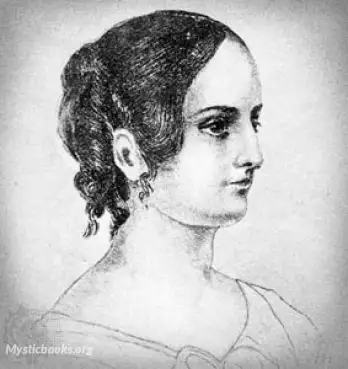
Anne Brontë
England
Anne Brontë was an English novelist and poet, and the youngest member of the Brontë literary family. Anne Brontë was the daughter of Patrick Brontë, a poor Irish clergyman in the...
Books by Anne BrontëDownload eBooks
Listen/Download Audiobook
- Select Speed
Related books
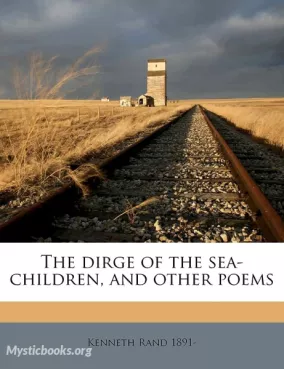
The Dirge of the Sea-Children, and Other Poems by Kenneth Rand
In this mesmerizing collection of poems, Kenneth Rand weaves a spellbinding tapestry of verse that captures the essence of the sea's mysteries and del...
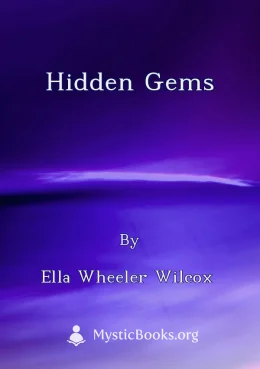
Hidden Gems by Ella Wheeler Wilcox
Hidden Gems is a collection of poems by Ella Wheeler Wilcox that explore the themes of nature, love, life, happiness, inspiration, hope, strength, cou...

Trivia, or The Art of Walking the Streets of London by John Gay
What was it like to walk the streets of London in the early 18th century? Trivia, or The Art of Walking the Streets of London is a humorous and infor...
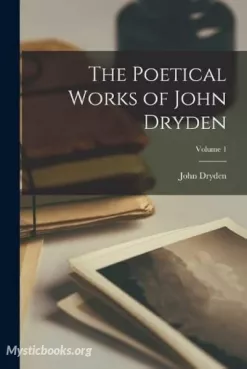
The Poetical Works of John Dryden, Volume 1 by John Dryden
Embark on a captivating literary journey through the enchanting verses of John Dryden, the acclaimed English poet and playwright, in this comprehensiv...
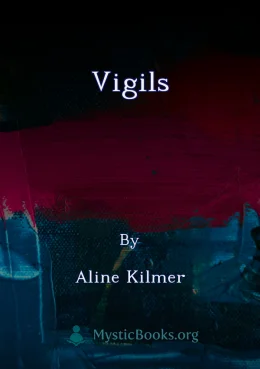
Vigils by Aline Kilmer
Aline Kilmer's "Vigils" is a collection of poems that reflect the profound grief and loss she endured after the deaths of her husband, the poet Joyce...
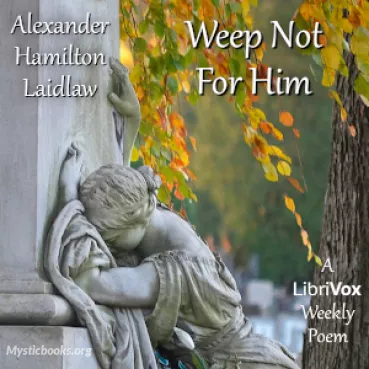
Weep Not For Him by Alexander Hamilton Laidlaw
This is a soul-stirring poem that delves into the complexities of grief, loss, and the healing power of acceptance. Written with profound sensitivity,...
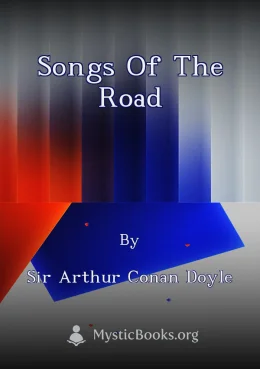
Songs of the Road by Sir Arthur Conan Doyle
This is a collection of poems written by the famous author Arthur Conan Doyle, who is best known for creating the detective Sherlock Holmes. This coll...
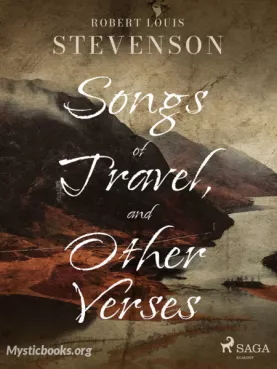
Songs of Travel and Other Verses by Robert Louis Stevenson
Embark on a poetic odyssey through the soul-stirring landscapes of the heart and the world with "Songs of Travel and Other Verses" by Robert Louis Ste...
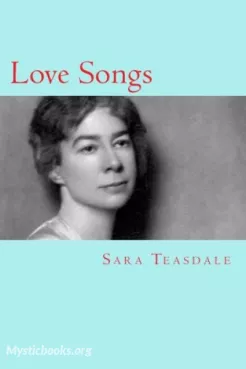
Love Songs by Sara Teasdale
A love so deep, it transcends time and space. Love Songs by Sara Teasdale is a collection of beautiful and passionate poems that explore the many fac...
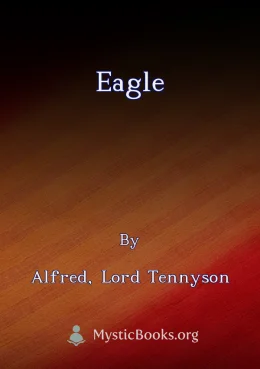
Eagle by Alfred, Lord Tennyson
Alfred, Lord Tennyson's 'The Eagle' is a short but powerful poem that vividly depicts the majestic and solitary nature of an eagle perched on a mounta...
Reviews for The Captive Dove
No reviews posted or approved, yet...